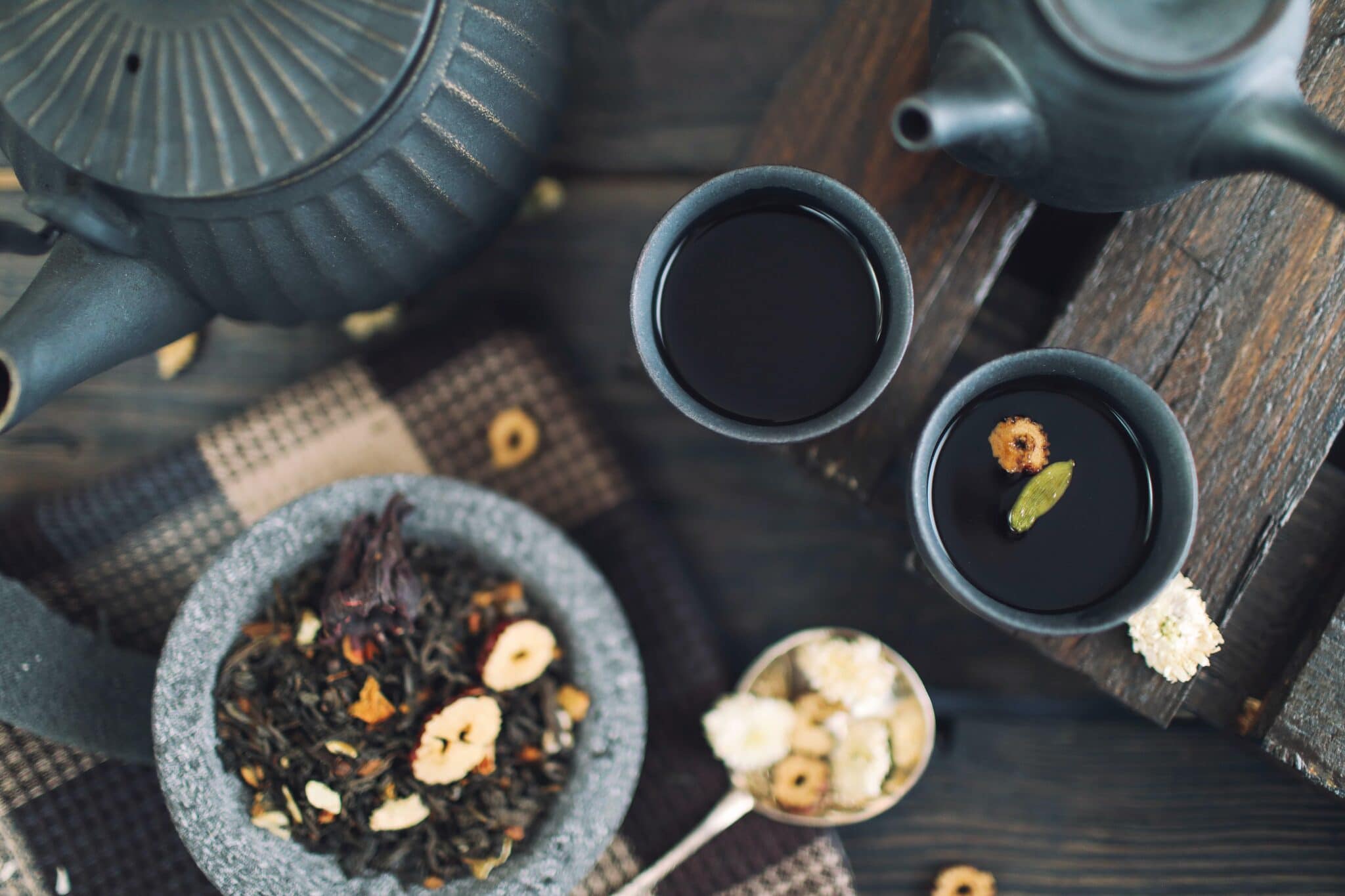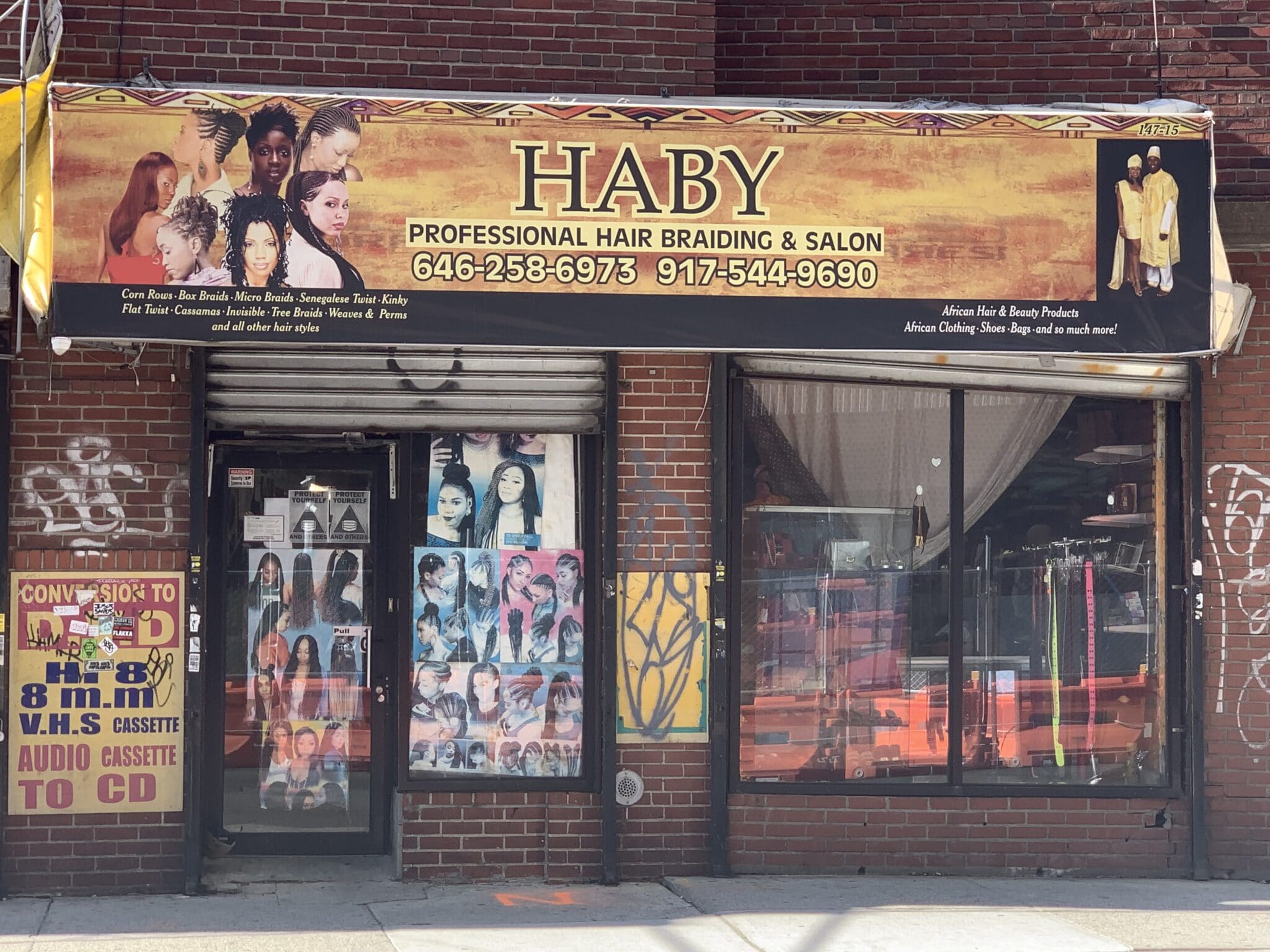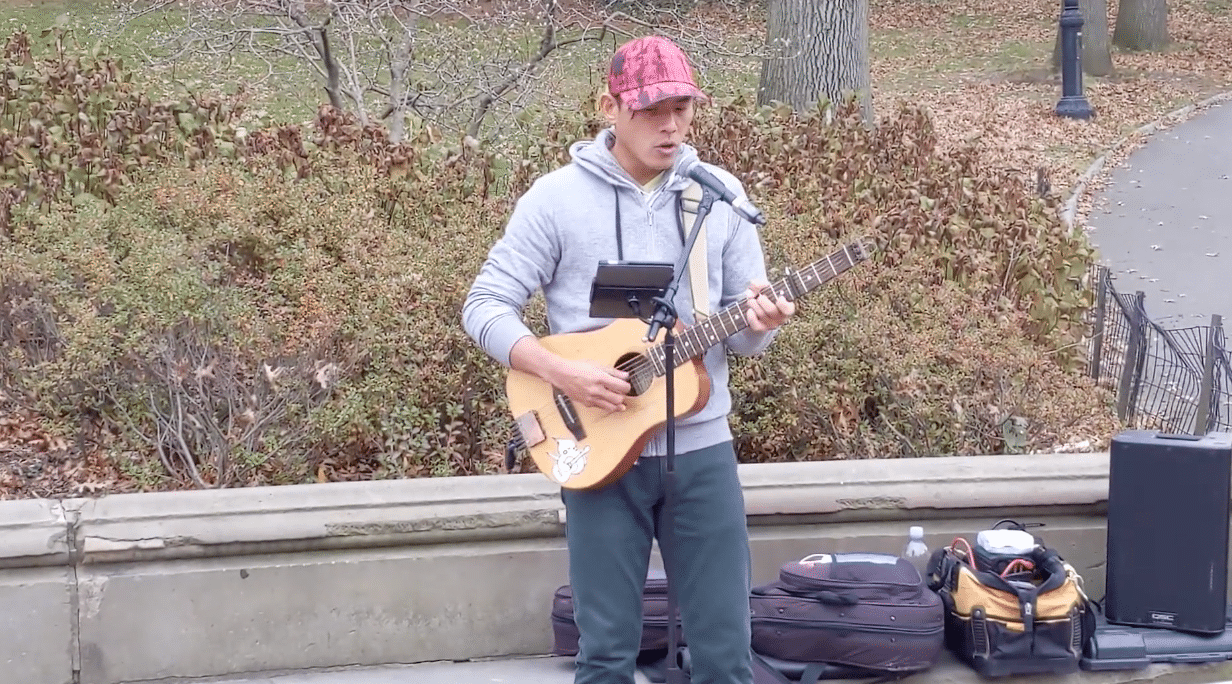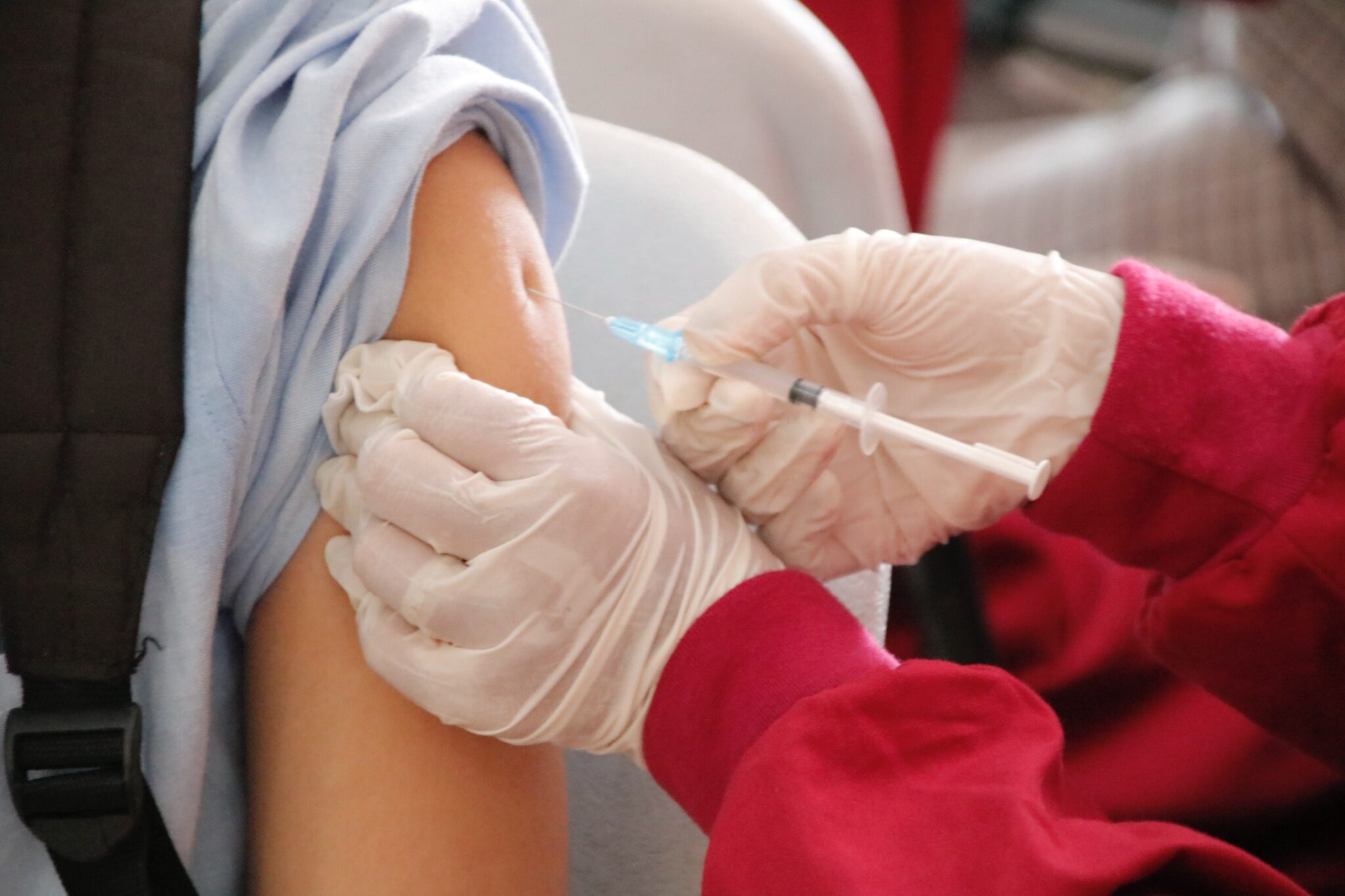The Chinese community turns to Traditional Chinese Medicines for COVID symptoms. Photo by Igor Miske on Unsplash.
“We went to the family doctor with our symptoms, but he just told us to take Tylenol if we have fever and headache, which doesn’t really help,” my father-in-law, Yingchou Chen, said. He, my mother-in-law, and three family members, including me, tested positive for COVID-19. My sister-in-law, Liyan Li went to the emergency room because of fatigue and a fever of 102 degrees that lasted for days.
My father-in-law felt he had to do something else and looked for alternatives. “We have to find a way to effectively get through this because no one in the house can take care of the others at the moment. Everyone is sick, and we don’t have the energy,” he said. A friend of the family told him that his family recovered after they drank traditional Chinese medicine (TCM) for about a week. That encouraged him to turn to Chinese herb remedies that have been used for centuries and that the Chinese government now promotes. The Chinese National Center for Biotechnology Information reported that when COVID-19 ravaged the Wuhan district in China in early January 2020, patients admitted to the TCM Hospital in Wuhan were immediately treated with traditional Chinese medicines.
Yanhong Yu, deputy head of China’s National Administration of Traditional Chinese Medicine, at a press conference last year said, “By adjusting the whole body health and improving immunity, TCM can help stimulate the patients’ abilities to resist and recover from the disease, which is an effective way of therapy.”
My family consulted Dr. Zhixin Zheng, an owner of an herb shop on 8th Avenue in Brooklyn and a TCM doctor. He is a former attending physician at GuangHai Hospital in Taishan, China. “We told Dr. Zheng what symptoms we had, and then he put together some dried herbs for us and told us to drink twice a day,” my father-in-law explained. A week after they started to drink the potion, all the family members seemed to feel better.
While our family’s experience seems positive, Western scientists, especially here in the United States, caution against people relying on traditional herbs and teas for COVID-19. The National Center for Complementary and Integrative Health (NCCIH) says, “There is no scientific evidence that any of these alternative remedies can prevent or cure COVID-19. In fact, some of them may not be safe to consume. It’s important to understand that although many herbal or dietary supplements come from natural sources, “natural” does not always mean that it’s a safer or better option for your health.”
The New York City Department of Health and Mental Hygiene also suggests being careful when using herbs. Public Health Inspector Kirk Nelson, working to contain the coronavirus said, “Our department doesn’t focus on this matter, but the Centers for Disease Control and Prevention (CDC) warned people [to not] follow the [natural remedy] route because just trying anything might not help you to recover and might cause side effects. Just talk to your doctor before starting to take any herbs.”
Yet Dr. Zheng said he believes in the power of herbs and traditional Chinese practices. “There is no such thing called coronavirus in traditional Chinese remedies. The remedies are more focused on the root cause of the disease. I treated my customers based on their symptoms and facial appearances. When customers come to my shop, I look at their tongues, check their eyes and read their pulses. Based on what I see and the described symptoms, I put together various types of herbs and separate them into bags for them.”
Many in the Chinese community share a belief in the traditional ways and see the cultural treatments as valuable additions to fighting coronavirus symptoms and other illnesses. My family feels good about the decision to reach back into our ancient culture to find a complementary treatment for this modern virus.
Tags: CCNY City College of New York CDC Chinese Remedies City College Journalism Coronavirus COVID-19 family MeiJun Lei
Series: Coronavirus






